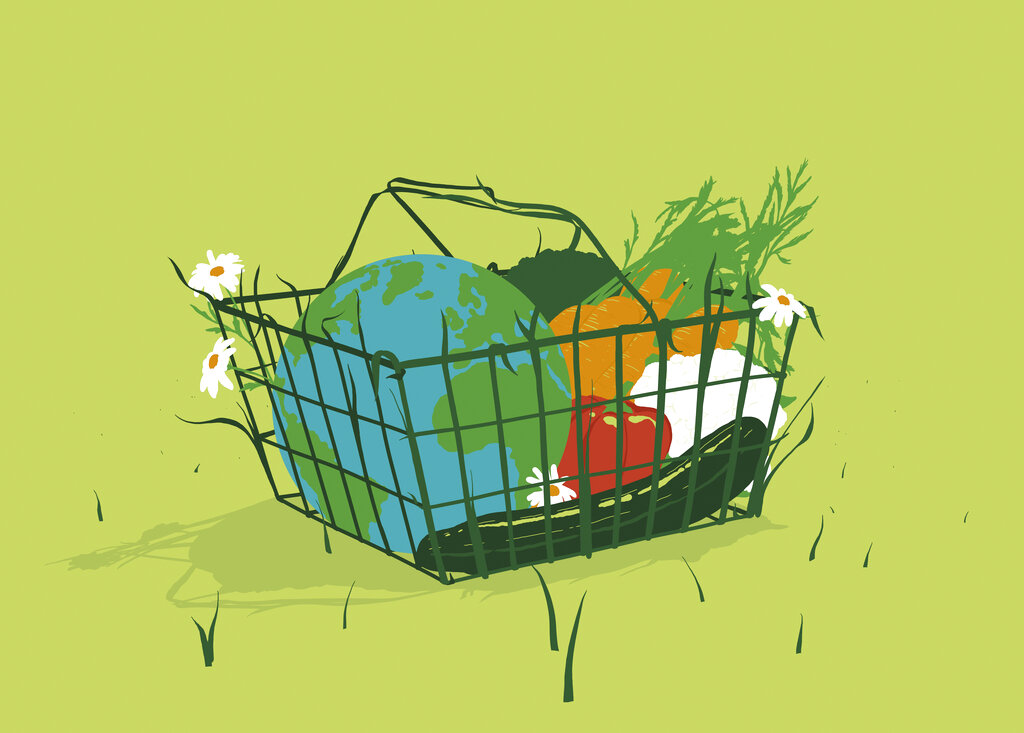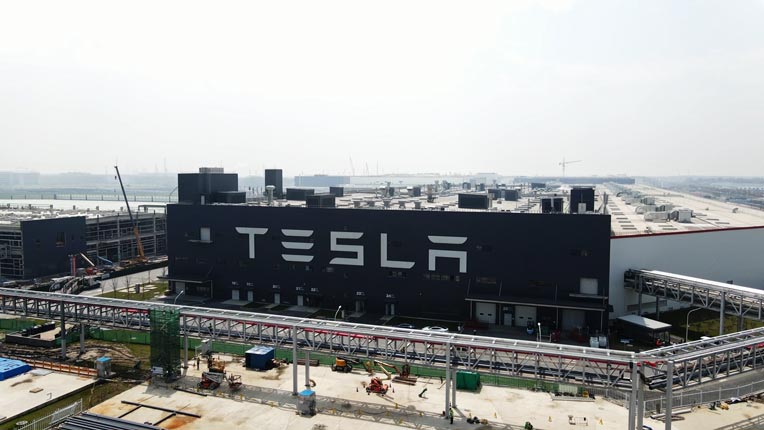
The food production system, meant to sustain us, could paradoxically pose the greatest threat to the planet’s sustainability. The process of producing food involves consuming the Earth's resources and damaging crucial ecosystems essential for food production.
The consequences of food companies understating or ignoring these risks could be severe, not just for the planet, but for the companies themselves, and eventually, the long-term impacts of these risks could result in profit losses, and a reduction in market share. Which in turn could adversely impact share prices and investment returns.
“In our view, food-related businesses, in Asia in particular, that cannot keep up with consumers’ growing demand for safer, high-quality food products, will become irrelevant in the future. It is also essential for them to meet the expectations of investors that seek better ESG compliance and disclosure,” says Frank Tsui, head of ESG Investments at Value Partners.
Food Quality and Safety Are Where the Opportunities Lie
One example Tsui gives is dairy companies. He considers whether these firms have ramped up the supply chain and manufacturing transparency, as well as redesigned some of their product lines to promote health. This goes beyond the products just being safe to use.
Tsui, who aligns this with the United Nations’ sustainable development goal of good health and well-being, says some dairy makers upgrade their products to bridge the nutrition need.
“If dairy producers don’t have pipelines to upgrade their product lines and ensure their manufacturing process is ESG-aware, they will miss out on the structural trend of Asian consumers seeking safer and more nutritious options. This will put their market share at risk, especially if we are talking about companies that also export to countries in Europe, which has more stringent nutrition and safety standards,” adds Tsui, who is on the team that manages the Value Partners Asian Food and Nutrition Fund, a thematic strategy that invests in Asia ex-Japan equities.
In Asia, Meat Substitutes Isn’t a Structural Trend, Yet
The idea of investing in sustainable food is often tied to the adoption of plant-based diets and alternative proteins. Although the trend of reducing animal protein consumption in meals has made its way to Asia, it has not yet gained enough momentum to be considered a significant tailwind for investment strategies, says Tsui.
“Changing one’s dietary behavior would take a very long time. For this region, plant-based meat and alternative protein have yet to be a structural trend for consumers and investors, yet. There are more pressing challenges facing Asia, such as food security and insufficient nutrition,” he adds.
Citing the United Nations studies, Tsui says the undernourished population amounts to 9% of the Asian population while the per-capita dietary protein supply is 20% lower in Asia than in North America and Europe. Additionally, there will be room for the agricultural sector to adopt technology and improves sustainability and crop yield.
In the past decade, it is not uncommon to come across news headlines about an Asian company involved in controversies such as food safety, irresponsible farming and fishing, and water pollution. But, Tsui views this as an investment opportunity for these companies to start taking corrective measures. “The industry as a whole is becoming more conscious of ESG measures, and as a result, higher standards are being set,” he suggests.
Where Does Alcohol Fit In?
Chinese liquor and beer companies form a huge part of the food and beverage consumption market, but find no place in the Value Partners Asian Food and Nutrition fund.
Because of the well-being goal being a part of the fund’s objectives, some of the most well-known Chinese white liquor distilleries and beer breweries are excluded from the investible universe of the portfolio that now owns 30-odd stocks.
To become eligible for consideration in the portfolio, a company must have less than 10% of revenue exposed to the alcoholic beverage business.
Approaches to Address Uneven ESG Disclosure in Asia
At present, Asian food companies do not score well in Morningstar Sustainalytics’ ESG Risk Rating, due partly to poor disclosures. While the absence of reporting does not mean that a company is not managing particular issues, there’s a lack of disclosure on key ESG issues in the food industry, most notably on resource- or water use-related risks and supply chain risks pertaining to biodiversity.
The Value Partners fund assesses investments with ESG policies that govern food nutrition, biodiversity, waste management, supply chain management, and carbon emission. In Value Partners’ internal scoring system, other than having a static image of a company’s ESG performance, it also wants to capture the dynamic element in the ‘ESG pipeline’ score to rate their upcoming targets.
“Asia isn’t a homogenous region. Different market requirements in ESG disclosure could result in varying levels of transparency. When you think about Hong Kong-listed companies, as opposed to emerging Southeast-Asia markets, the former is generally required to submit more granular disclosure.” Starting in 2024, Hong Kong’s stock bourse will require all listed companies to reveal details of their transition plans, measure and disclose scope 1, 2, and 3 emissions, and disclose risks and opportunities related to climate change.
“Additionally, we have developed a ‘pipeline’ element within our internal rating system that evaluates a company’s ESG performance not only in the present but also what we can anticipate from them in the near future. This approach provides a holistic overview of our holdings that are seen making significant strides and catching up very quickly.”












.png)



.jpg)





